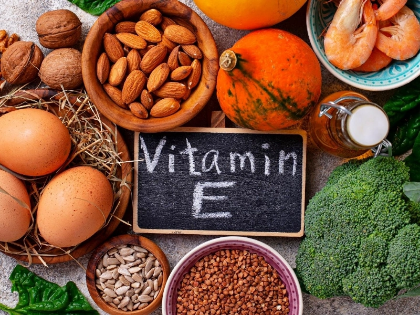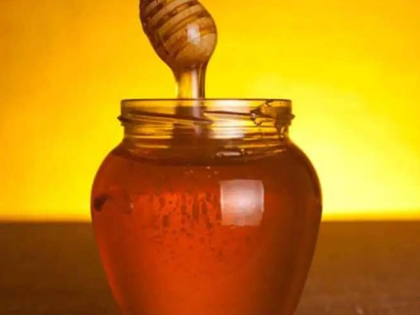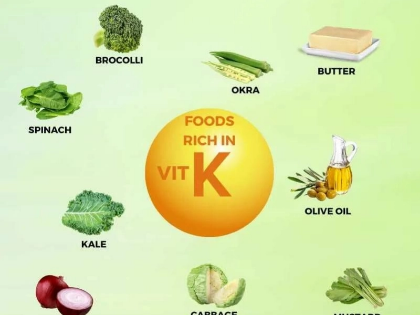Honey: The All-Natural Sweetener for Better Health
A natural sweetener with a few special health advantages is honey. It is still sugar, though, so moderation is advised. Although raw honey is preferable, pasteurised varieties also have certain health advantages. Just be careful to search for kinds free of Clostridium botulinum spores, which are not recommended for infants or young children.
1. Naturally Sweetening
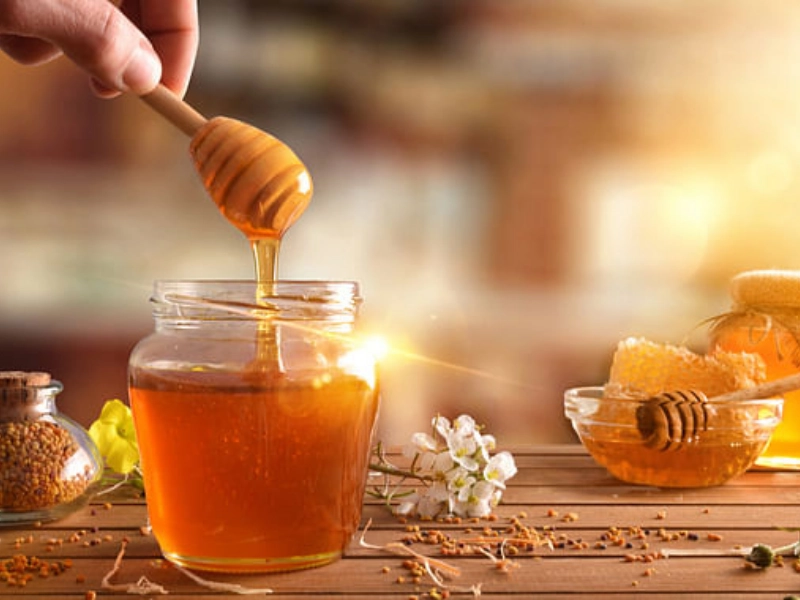
2. It's Beneficial to Your Heart
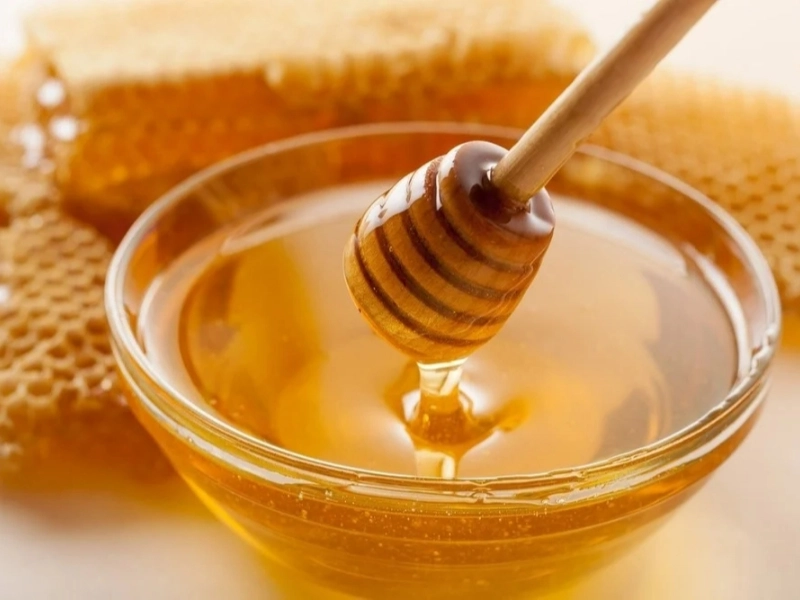 Honey has been shown in numerous studies to lower heart disease risk factors. Enhances plasma lipid profiles, inhibits oxidation, reduces cytokine and chemokine rise, and boosts antioxidant enzyme activity (SOD, GPx, and GRx).
Because honey increases insulin sensitivity, it also aids in preventing weight gain. In addition, it raises high-density lipoprotein cholesterol, lowers LDL cholesterol, and lowers total oxidative stress in the body.
Select raw honey—that is, honey that hasn't been pasteurised or filtered—to enjoy these health advantages. At your neighbourhood grocery shop, look for honey that is labelled as raw. You can also buy a range of unfiltered, lightly processed honeys online. However, be advised that raw honey could harbour spores of Clostridium botulinum, which can cause botulism in infants. As a result, you shouldn't feed raw honey to infants or kids.
Honey has been shown in numerous studies to lower heart disease risk factors. Enhances plasma lipid profiles, inhibits oxidation, reduces cytokine and chemokine rise, and boosts antioxidant enzyme activity (SOD, GPx, and GRx).
Because honey increases insulin sensitivity, it also aids in preventing weight gain. In addition, it raises high-density lipoprotein cholesterol, lowers LDL cholesterol, and lowers total oxidative stress in the body.
Select raw honey—that is, honey that hasn't been pasteurised or filtered—to enjoy these health advantages. At your neighbourhood grocery shop, look for honey that is labelled as raw. You can also buy a range of unfiltered, lightly processed honeys online. However, be advised that raw honey could harbour spores of Clostridium botulinum, which can cause botulism in infants. As a result, you shouldn't feed raw honey to infants or kids.
3. It's Beneficial to Your Skin
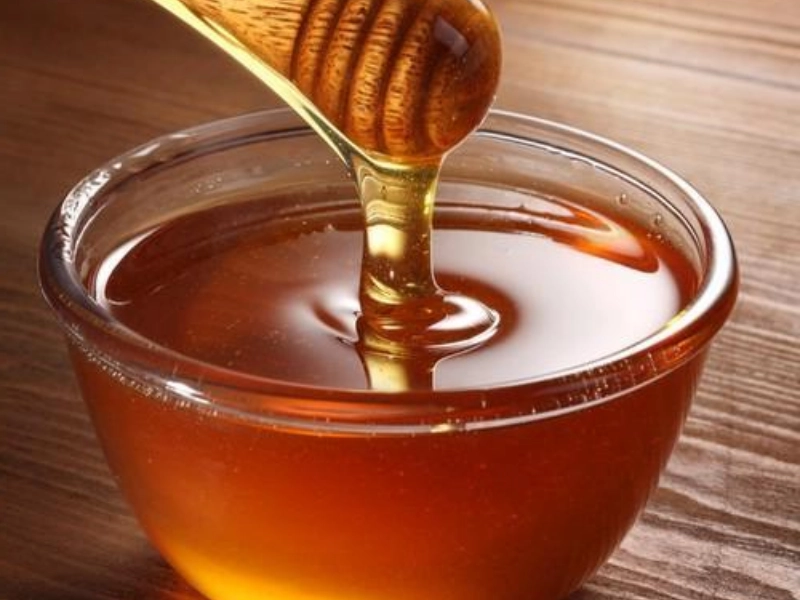 Honey has been utilised as a skin-healing and cosmetic substance since ancient times. It can aid in the treatment of acne and nourish the skin with its vitamins and minerals. A great humectant, honey draws moisture into the skin to provide the skin with deep, hydrating moisture.
Because of its antibacterial and anti-inflammatory qualities, it may help lessen the redness that comes with irritated skin conditions like eczema and psoriasis. Because of its gluconic acid concentration, which helps to gently remove dead skin cells and leave your face appearing brighter and more beautiful, it also has natural exfoliating properties.
Furthermore, it has been demonstrated that honey inhibits the growth of cancer cells, such as those found in bladder, colon, hepatic, and melanoma. But only use raw honey—it's not cooked to destroy yeast cells and has undergone very little processing.
Honey has been utilised as a skin-healing and cosmetic substance since ancient times. It can aid in the treatment of acne and nourish the skin with its vitamins and minerals. A great humectant, honey draws moisture into the skin to provide the skin with deep, hydrating moisture.
Because of its antibacterial and anti-inflammatory qualities, it may help lessen the redness that comes with irritated skin conditions like eczema and psoriasis. Because of its gluconic acid concentration, which helps to gently remove dead skin cells and leave your face appearing brighter and more beautiful, it also has natural exfoliating properties.
Furthermore, it has been demonstrated that honey inhibits the growth of cancer cells, such as those found in bladder, colon, hepatic, and melanoma. But only use raw honey—it's not cooked to destroy yeast cells and has undergone very little processing.
4. It Is Beneficial to Your Gut
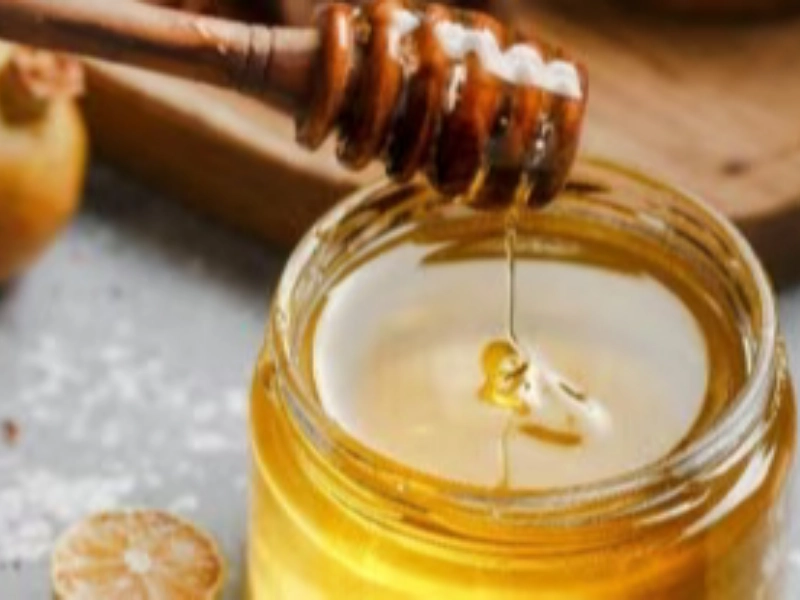 Honey has long been used as a natural cough treatment, wound antiseptic, and may even help decrease cholesterol. Additionally, it has a slight antibacterial effect.
Manuka honey may be able to cure peptic ulcers brought on by the Helicobacter pylori bacteria, according to research. Additionally, by keeping low-density lipoproteins from oxidising, it can aid in the reduction of cholesterol.
When purchasing honey, seek out unpasteurized and raw varieties. The majority of honey purchased from stores is pasteurised, which increases its shelf life while also removing pollen and helpful enzymes.
Testing the crystallisation of your honey is a useful method of determining its purity. It is probably not pure if it takes a long time to crystallise. Look for a label identifying the farm or beekeeper who harvested the honey.
Honey has long been used as a natural cough treatment, wound antiseptic, and may even help decrease cholesterol. Additionally, it has a slight antibacterial effect.
Manuka honey may be able to cure peptic ulcers brought on by the Helicobacter pylori bacteria, according to research. Additionally, by keeping low-density lipoproteins from oxidising, it can aid in the reduction of cholesterol.
When purchasing honey, seek out unpasteurized and raw varieties. The majority of honey purchased from stores is pasteurised, which increases its shelf life while also removing pollen and helpful enzymes.
Testing the crystallisation of your honey is a useful method of determining its purity. It is probably not pure if it takes a long time to crystallise. Look for a label identifying the farm or beekeeper who harvested the honey.
5. It Promotes Sound Sleep
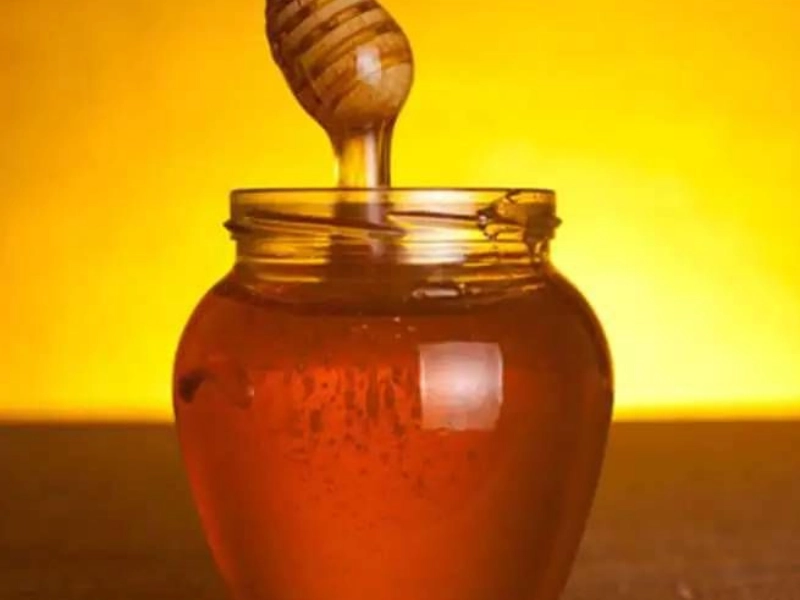 Honey has been proven to help with sleep, whether you gulp it down or swirl it in your tea at night. In addition, it contains an abundance of vitamins and antioxidants that aid in lowering tension and fostering calm.
Honey affects blood sugar levels gradually and steadily, in contrast to pure sugar. This aids in replenishing the brain's glycogen stores, which is necessary for restful sleep.
Additionally, it increases tryptophan, a vitamin that the body uses to produce the sleep chemicals melatonin and serotonin. You can improve your sleep habit by including a warm cup of tea, meditation, relaxing music, and a teaspoon of honey in your nightly routine. Consider consuming your honey with some chamomile or a spoonful of apple cider vinegar. These two components working together can help you feel less tired and guarantee a restful, deep sleep.
Honey has been proven to help with sleep, whether you gulp it down or swirl it in your tea at night. In addition, it contains an abundance of vitamins and antioxidants that aid in lowering tension and fostering calm.
Honey affects blood sugar levels gradually and steadily, in contrast to pure sugar. This aids in replenishing the brain's glycogen stores, which is necessary for restful sleep.
Additionally, it increases tryptophan, a vitamin that the body uses to produce the sleep chemicals melatonin and serotonin. You can improve your sleep habit by including a warm cup of tea, meditation, relaxing music, and a teaspoon of honey in your nightly routine. Consider consuming your honey with some chamomile or a spoonful of apple cider vinegar. These two components working together can help you feel less tired and guarantee a restful, deep sleep.

